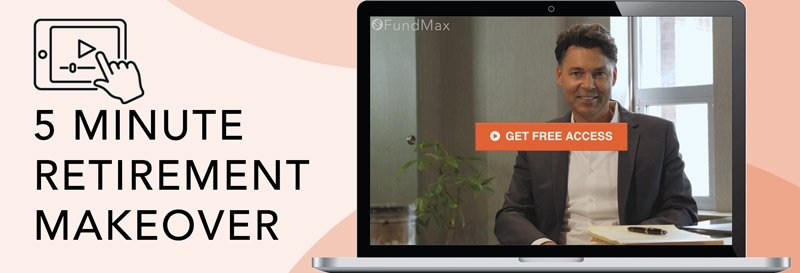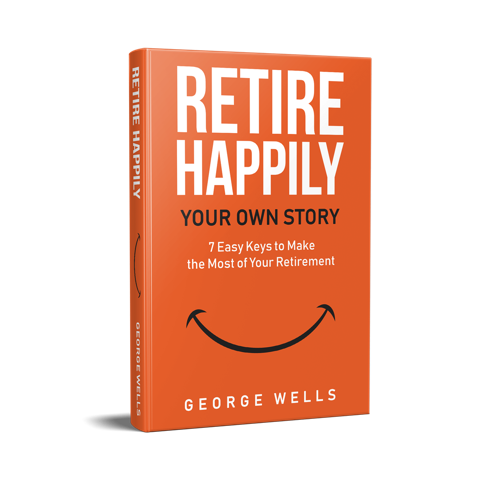ACE: Adapt, Control, Exit
In retirement, every decision you make that affects your income taxes, your investments, and your estate plan can have significant consequences. But things change, so once you make those decisions, they probably aren’t going to serve you well forever. Managing change in retirement is often a retiree’s biggest challenge.
Your personal situation changes, the economy changes, and financial tools change. This is why a proper solution strategy and flexibility to adapt and adjust with changing situations, markets, and tools is so important.
The proper strategy includes:
A collection of appropriate financial tools that has the highest probability that you will look back on your choices and be pleased, and the lowest probability that you will look back on your choices with regret.
An income tax cost strategy minimizes tax expenses and gives you flexibility.
An estate planning strategy that controls who has the privilege of tending to you as you age, and where your stuff goes when you get your promotion.
Being able to adapt and adjust—and having confidence in your ability to adapt and adjust your solution strategy over time—is paramount.
To make sure you’re on track to retire happily, ask yourself three important questions every time you get ready to make a decision that affects your finances. You can remember these three questions easily by using the acronym ACE—adjust, control, and exit.
1. Adapt/Adjust as You Age:
How does this choice create flexibility for me to adapt and adjust to my changing situation in the future?
This especially comes into play as you age. How am I able to adapt and adjust over time? Things change, depending on how you age. You may not age as well as what you had hoped. Retirement plans can change depending on your family situation. Changes can occur if something is happening with one of your children, your grandchildren, or your spouse.
With all of these issues, you want to be able to adapt and adjust over time. With every decision you make, you want to be mindful of having more options and have more ability to adapt and adjust as you age.
2. Control or Freedom:
How is this choice giving me more control and/or more freedom?
In every decision that you make, you should be asking yourself, how is this decision giving me more control or more freedom? The primary intention of an Estate Plan is to give you control. It gives you control of who has the privilege of helping you as you age, and it gives you control of where your stuff goes when you get your promotion (pass on). Paying attention to your income tax costs can allow you to control your tax cost.
3. Exit Strategy:
When this choice has run its course, or if I change my mind or just want out, how do I get out and what will it cost me?
With every decision, think about your exit strategy. If I buy an investment or set up a legal plan and later I decide I don’t like it, what is my exit strategy? How do I get out of this? Even with your current investments, what is the exit strategy? How do you know it has done well? How do you know when it is time to change? How do you know when it is time to add? Know your exit strategy.
Ask these three questions before every decision.






